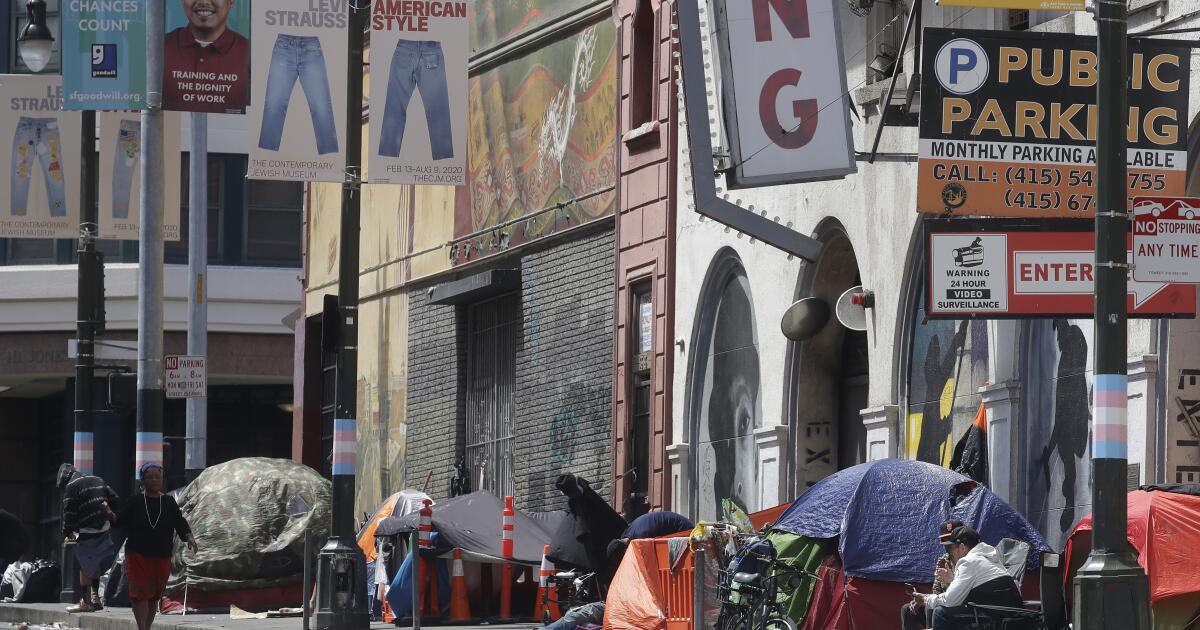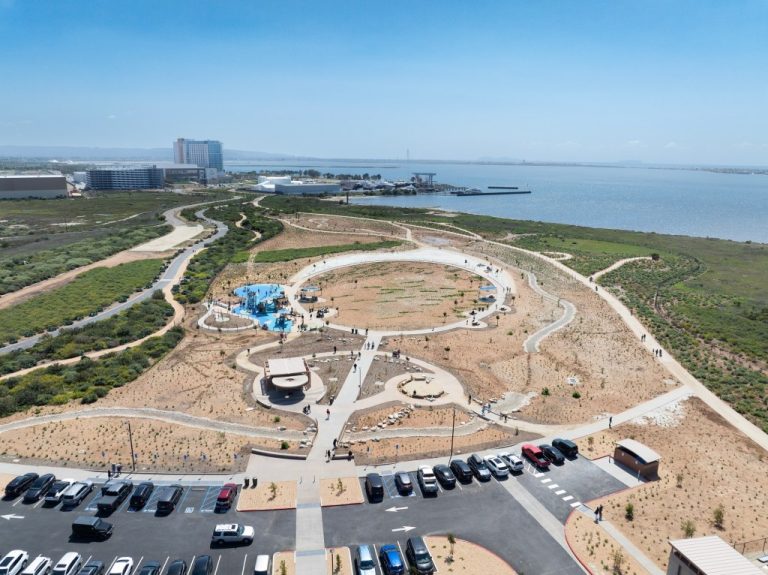
The editorial board operates independently from the U-T newsroom but holds itself to similar ethical standards. We base our editorials and endorsements on reporting, interviews and rigorous debate, and strive for accuracy, fairness and civility in our section. What do you think? Let us know.
Last week’s unanimous vote by the San Diego County Board of Supervisors to take initial steps toward adopting a ban on allowing homeless individuals to sleep outside in unincorporated county areas was a particularly telling comment on how elected officials now view one of California’s most intractable problems. That progressive board members Nora Vargas and Terra Lawson-Remer could find common ground with staunch conservative Jim Desmond and Joel Anderson, a slightly more more moderate Republican, shows county voters of all stripes increasingly have homelessness fatigue. It’s no wonder that so many politicians — including most of the electeds at San Diego City Hall — are moving away from loudly making grandiose claims that they would “end homelessness” in favor of policies that obscure the extent of the problem.
This doesn’t mean camping bans are bad ideas. Limited bans that are smartly and humanely enforced are likely to significantly improve quality of life in some areas without severe impact on the unsheltered. But such bans should be accompanied by complete candor from those who back them about why they are necessary: the abject failure of leaders to stop homelessness from worsening by controlling the cost of housing. It is by far the main cause of the problem, not mental illness and/or addiction.
Yet such candor is not forthcoming. Instead, for several years now, bold-sounding laws are passed, followed by breathless news releases that imply the laws will be transformative. An example came last week from Circulate San Diego, which asserted that newly signed Assembly Bill 1287 — a measure creating new incentives to build “middle-income” housing written by Assemblymember David Alvarez, D-San Diego — “could increase housing capacity in California by a third.” What else could happen? You could win the lottery tomorrow and never have to work again. The Chargers could finally stop losing so many winnable games. The sun could go out, bringing a tidy if painful end to the debate over housing and homelessness in the Golden State.
This is not to fault any of the state lawmakers who listen to policy experts and then come up with laws that they genuinely believe will significantly add to housing stock — the key to stabilizing the cost of shelter. But they rarely admit the fact that these laws haven’t lived up to their hype and that the proposals they lead to can unnerve many residents, as seen with the recently unveiled plan to add dozens of 20- and 30-story buildings in Hillcrest.
Meanwhile, these same lawmakers won’t even consider promising policy options that would alienate powerful constituencies.
The most obvious is embracing relatively inexpensive, durable, energy-efficient prefabricated housing, which has helped Japan, Great Britain and Germany address housing needs. It would not be a challenge to quickly put up subdivisions of such housing on small slivers of the land now zoned for agriculture or owned by government agencies in areas with moderate to low fire risks. Another is to create incentives to build not “middle income” homes but dormitory-style housing with shared bathrooms and kitchens — shelter that would be looked down on by some but welcomed by many if it meant they didn’t have to live on the street.
But building trade unions, residents who don’t want an influx of new homes reducing the value of their homes and NIMBYs opposed to growth stand in the way. So do environmentalists who would welcome $800 monthly rent or $1,500 mortgages but don’t want green laws — akin to sacraments for many — to be scaled back in any way.
The result is a status quo that’s miserable for the homeless and a constant grind for those who must spend nearly half their wages on shelter. Then there are the young people who can’t help but laugh mirthlessly at the suggestion they will someday be able to afford a home in California. But at least they have this to look forward to: press releases every fall that promise new state laws will be game-changers. Unfortunately, this is a case where past performance is very much a predictor of future results.




